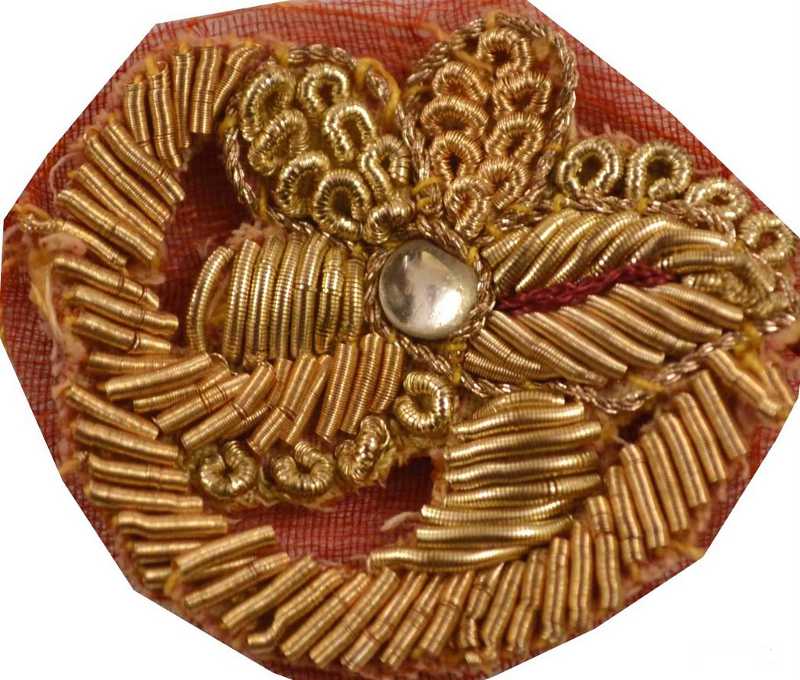===
0375,
1
===

=== |
 |
kiisah : 'A bag, a purse; a pocket'. (Platts p.889)
jafaa : 'Oppression, violence, cruelty, injury, injustice, hardship'. (Platts p.382)
FWP:
SETS
MOTIFS == COMMERCE
NAMES
TERMS == 'INDIVIDUAL VERSE'; THEMEThis is one of only two such 'individual verses' [fardiyaat] included in SSA. But then, it's two out of only seven in the whole kulliyat. For more on this, see {371,1}. Since the present verse is not an opening-verse, we can only guess what its rhyming elements might be.
Note for translation fans: Isn't it a rare stroke of luck that we have the English idiom 'in our pocket' to work with? It has just the right range and tone (humorous, sarcastic, contemptuous, or matter-of-fact), and also is entirely accurate as a translation. Let me take a moment to savor such a rare convergence.